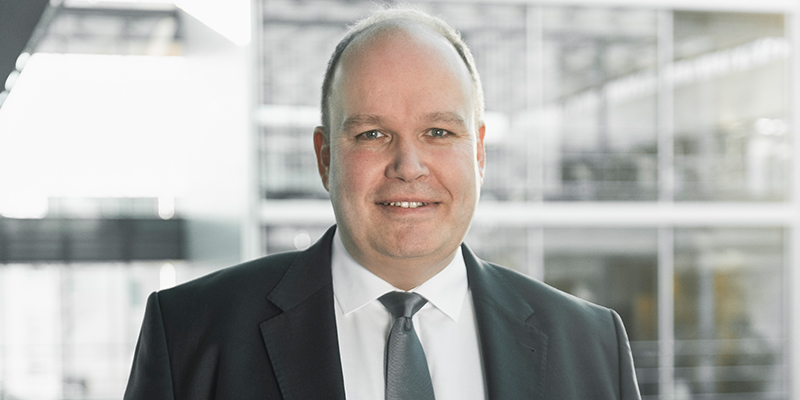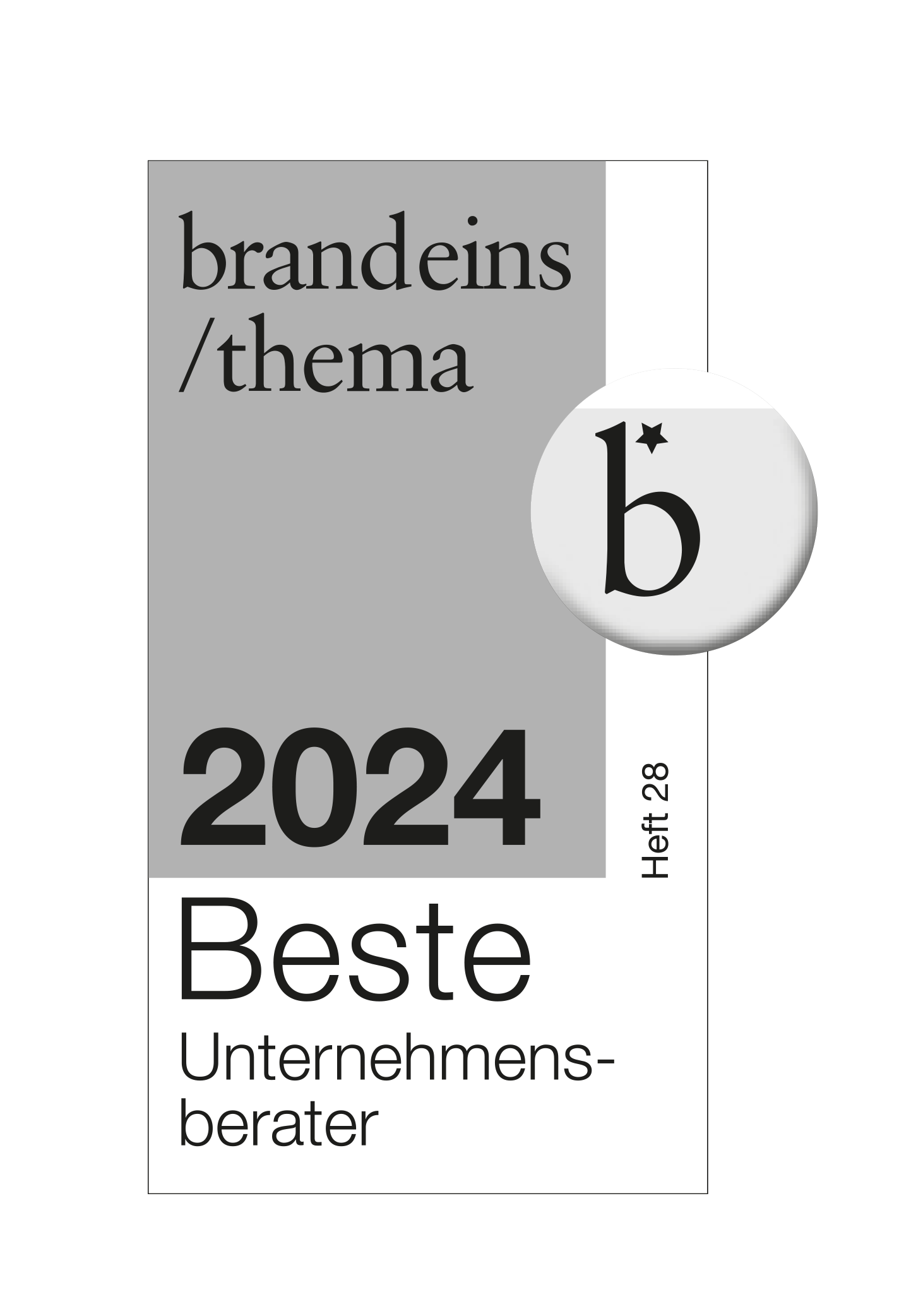15/05/2020
“We find ourselves at the start of a new phase in the evolution of ecosystems,” emphasizes Karsten Redenius. The msg board member is certain: those who have the courage to change their perspective now and to focus even more on the customer will be very well equipped for the time that follows the Corona virus. The crisis has taught us, after all, that complex social challenges can only be overcome through cooperation and trust. A willingness to define ourselves not by our current product portfolio, but by generalizable skills, will play a key role in business success going forward.
Mr. Redenius, are there any certainties we can hold on to in this time of crisis?
One certainty is that this global crisis will come to an end. At that point, we will pick the issues that were relevant even before the Corona pandemic right back up. This is true for companies, as well as society as a whole. So we need to try to operatively manage the crisis, but to also prepare to resume our long-term projects. Naturally, there will be new circumstances and changed perspectives to consider, especially in regard to the philosophy and structure of ecosystems.
What types of changes will these be?
I think the primary change will be an increased pressure to take a collaborative approach to ecosystems. In the past, the view of ecosystems was mainly steered by the question of: Do ecosystems – such as in the field of mobility or utilities – give me new ways to sell my existing products and services? I assume that this focus will change, shifting toward business models that would not even be possible without collaboration. Where different market participants come together to jointly generate added value. The need to rapidly create future-oriented, scalable business models alone will likely trigger this change.

To what extent does that require a shift in perspective when building ecosystems?
It does, because with this type of model, you have to consistently envision things from the customer perspective. And you have to take into consideration that after an event like Corona, individual and collective behaviors will change. Certain mechanisms will simply operate differently. That is not completely foreseeable at the moment, we are still too deep in the dynamics. Yet, we will have to understand and master these mechanisms if we want to position ourselves correctly in these systems. On a general societal level, we are currently learning that complex challenges require close cooperation and a lot of trust between the different actors. That will affect things on the economic level as well.
Could you give us a concrete example?
For a few years now, there has been an attempt in healthcare to build a comprehensive, efficient ecosystem. So far, however, this has mainly followed a provider perspective. Meaning insurers, pharma companies, clinics, etc. just to name a few. With everyone starting from their own strong position. But now the question has changed: What is the best way to factor in patient or policyholder needs? If you really want to take that seriously, you cannot start from the position of your own offering, from the question of how can I best position my own product. Instead, you have to think of it from the end customer’s perspective, which in this case is the patient. From there, you move toward your existing offer or new offers. I think that will be a prime factor for keeping up with a changing world.
Global perfume manufacturers are producing disinfectants, automakers are using their supply chains to procure protective equipment from abroad for the federal government. This is not something we have seen in this form before. Can this phenomenon be interpreted in the sense of new ecosystems?
Yes, that is precisely the type of change I am referring to. Up until a few months ago – and I am simplifying things a bit – the question probably would have been: “How can we, as a perfume manufacturer, access ecosystems and thus new sales channels with this product portfolio and these skills?” Whereas the question today is: “What does our customer need right now and how can we help?” This leads straight to the answer that the existing production capacities can do something besides make perfume.
In addition, I also believe that it is precisely this impulse we see right now that must and will cause companies to profoundly change how they think. Automotive OEMs are no different. The ability to master global vehicle development and production will be repurposed to achieve a different end should such become necessary. A shift in perspective can be seen here: the willingness to primarily define oneself by generalizable skills instead of the current product portfolio.
Similar to the path Amazon took with AWS?
Exactly. With AWS Amazon basically decided to make some its skills operating a business available as a service. Others will do the same in the future and I think the conditions in Europe are very conducive to that. After all, we have strong process and method competence, which we are able to use flexibly in a variety of ways. Ultimately, it makes no difference to an automaker whether the end result is a sports car or a transaction volume that is carried out using its processes. There are a lot of indicators that we are entering a new phase of ecosystem evolution.
***
How has the Corona crisis affected how management and leadership interact? In his short interview on advisors.msg.group, Karsten Redenius explains which management qualities are needed right now and how decision makers can maintain structures even in the long term, while avoiding the appearance of going backward.



